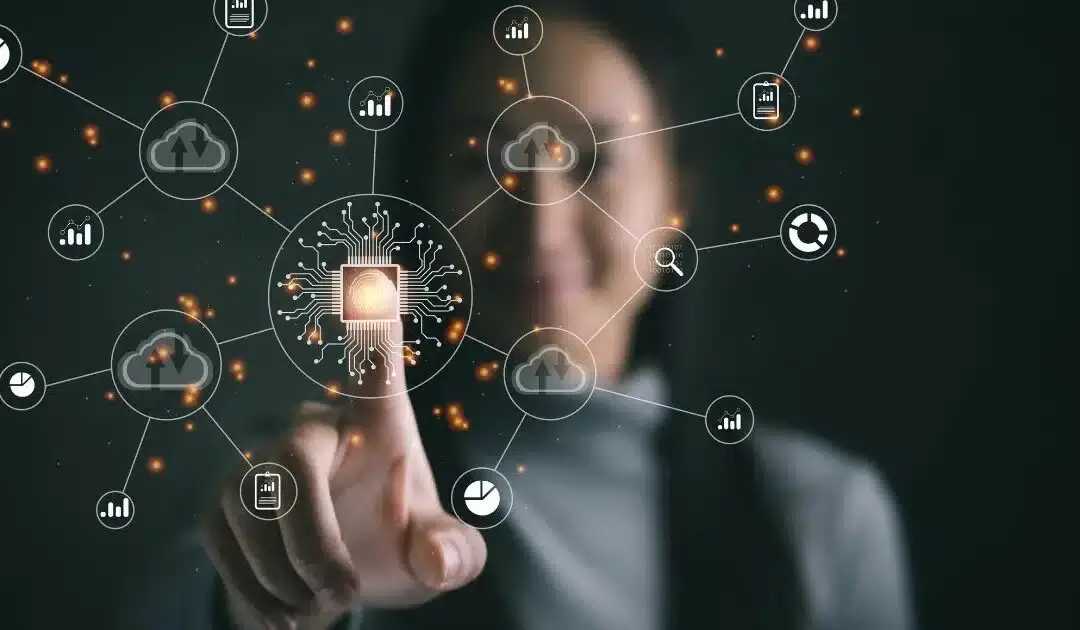Tesla's Cybercab is poised to revolutionize transportation through the power of artificial intelligence, ushering in a new era of autonomous mobility. As cities grapple with increasing urban congestion and environmental concerns, the Cybercab emerges as a potential solution, offering a sustainable and efficient mode of transport.
AI-Driven Autonomy
The Cybercab represents a significant shift in Tesla's focus, transitioning from mass-market electric vehicles to AI-driven autonomous vehicles. Unveiled at the "We, Robot" event, the Cybercab features a distinctive design with two seats, butterfly doors, and no traditional controls like a steering wheel or pedals. This design underscores Tesla's commitment to AI-driven transportation, relying on sophisticated computer vision and machine learning algorithms to navigate complex urban environments.
Tesla's approach to autonomy centers on a camera-based system coupled with powerful AI, rather than relying on hardware like lidar, which is commonly used by competitors. This strategy potentially offers cost benefits and aligns with Tesla's vision of achieving full autonomy through software and data-driven solutions. The AI system is trained on vast amounts of data collected from Tesla's existing fleet of vehicles, enabling it to learn from a wide array of driving scenarios and conditions. This "fleet learning" approach allows the system to continually improve its performance and adapt to new situations.
The Cybercab's Features and Capabilities
The Cybercab is engineered for Level 4 and Level 5 autonomy, meaning it can operate without any human intervention. It uses end-to-end machine learning to process data from cameras and sensors, making real-time driving decisions based on its environment. The electric Cybercab also features an innovative inductive charging system, eliminating the need for traditional charging ports. This wireless charging system allows the Cybercab to charge by simply parking over a specially designed charging pad.
The Future of Autonomous Transportation
Tesla CEO Elon Musk has expressed optimism about the safety and efficiency of autonomous vehicles, claiming that self-driving cars could be "10 to 20 to 30 times safer than a human". He envisions the Cybercab as a key component of a future autonomous transportation network, potentially reducing traffic accidents, improving fuel economy, and providing mobility to those who cannot drive.
Musk expects to start fully autonomous unsupervised Full Self-Driving (FSD) in Texas and California in 2026, specifically for Model 3 and Model Y vehicles. He also introduced a concept for a larger autonomous vehicle called the Cybervan, capable of carrying up to 20 people.
Challenges and Considerations
Despite the potential benefits, the widespread adoption of autonomous vehicles faces several challenges. These include:
- Technological limitations: Sensors may be affected by weather conditions, and AI decision-making can be flawed due to insufficient data or unexpected scenarios.
- Cybersecurity: Autonomous vehicles are vulnerable to cyberattacks, which could compromise data privacy and public safety.
- Public perception: Public skepticism about the reliability and safety of autonomous vehicles remains high.
- Regulatory and legal issues: Autonomous vehicle regulations vary greatly from country to country, making it difficult for companies to deploy self-driving cars internationally.
- Ethical challenges: In life-and-death situations, autonomous vehicles must make difficult ethical decisions, such as prioritizing passengers or pedestrians.
Overcoming the Challenges
To overcome these challenges, companies are investing in improving AI algorithms, sensor technology, and cybersecurity frameworks. They are also working to enhance human-machine interfaces to make passengers feel more in control and secure. Transparency, engagement, and education are crucial to addressing public concerns and building trust in autonomous vehicle technology.
Competition in the Robotaxi Market
Tesla's entry into the robotaxi market places it in competition with other tech giants already testing autonomous vehicles. Waymo operates robotaxis in parts of Phoenix and San Francisco, while Amazon's Zoox is testing purpose-built autonomous shuttles. These companies have taken a measured approach, deploying vehicles in limited areas while addressing regulatory and safety issues.
Conclusion
Tesla's Cybercab represents a bold step towards an AI-driven future of transportation. While challenges remain, the potential benefits of autonomous mobility are significant, including increased safety, reduced congestion, and improved accessibility. As technology continues to advance and regulations evolve, the Cybercab and other autonomous vehicles could transform the way we live and move in cities around the world.

















